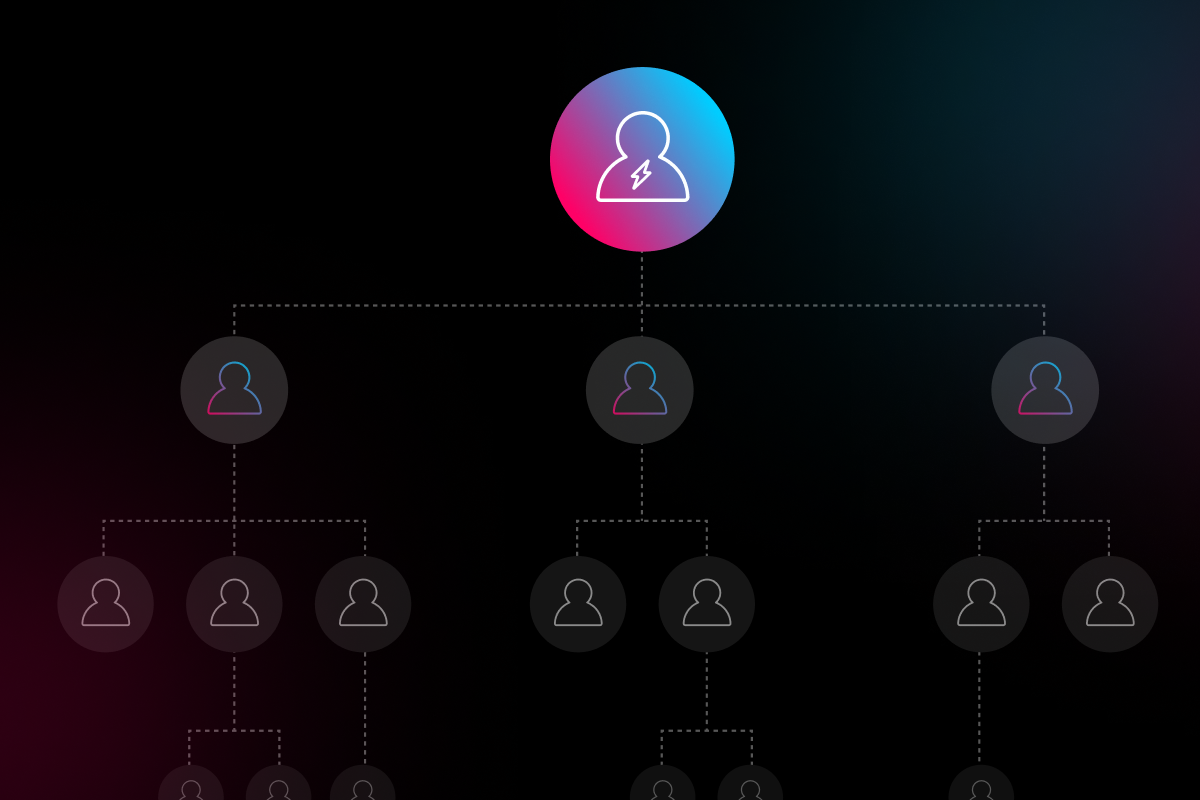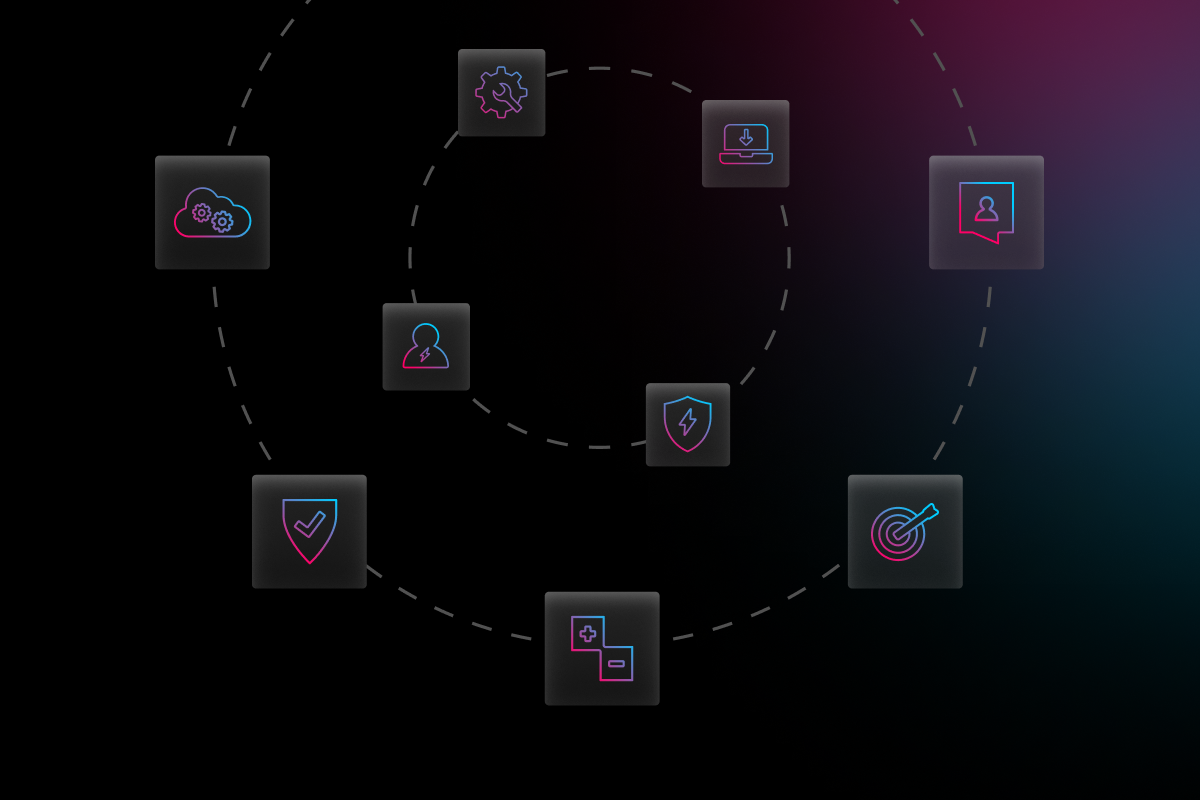
High profile hacks are on the rise. Companies of all sizes are regularly targeted by different types of hackers to steal sensitive data and disrupt business operations. To protect your organization, you need to be aware of how these hackers operate, and where gaps exist in your cybersecurity.
The 3 Main Types of Hacker “Hats”: White Hat, Gray Hat, and Black Hat
The 3 main types of hackers are often categorized by “hats,” which reflect the level of malice behind their actions.
1. White Hat Hackers
White hat hackers are ethical hackers who use their technical knowledge for defensive purposes, such as helping organizations to identify weaknesses in their cybersecurity systems. They may even be hired by an organization to conduct penetration testing, so that flaws in security can be discovered and corrected before a bad actor finds and exploits them. White hat hackers typically operate within the confines of the law.
2. Gray Hat Hackers
Gray hat hackers may act with less worthy intentions and skirt the bounds of legality, but do not have destructive goals in mind. They may test networks without explicit permission or obtain information from unauthorized sources. The goal of gray hat hackers tends to be curiosity-driven rather than malice. Although they may not intend to inflict damage through their actions, gray hat hackers can still cause problems through accidents or errors.
3. Black Hat Hackers
Black hat hackers are malicious actors with criminal intent. Their actions are illegal and their goals include corporate espionage, blackmail, and fraud. Black hat activities can have devastating consequences for individuals, businesses, and government agencies. Because of the level of sophistication involved in black hat attacks, these individuals are often highly experienced professionals with extensive technical acumen.
What are the Different Types of Hackers?
Beyond the different hats they wear, hackers employ a variety of tactics to achieve their objectives. Here are 4 different types of hackers that small businesses should be aware of.
1. Script Kiddies Hackers
As the name implies, this type of hacker tends to have an amateur level of expertise, and uses programs and solutions created by others as they seek to exploit business vulnerabilities. However, script kiddies can still be dangerous individuals, and they often share the same goals as more sophisticated hackers.
2. Malicious Insider Hackers
Malicious insider threats come in the form of employees at your company who have organization-specific knowledge. By leveraging this knowledge, they can attempt to gain unauthorized access to sensitive information by themselves, or sell their knowledge to an external bad actor.
3. Hacktivists
Hacktivists are individuals with a political or social motivation behind their actions, and may be less inclined to cause direct financial loss. In most cases, this type of hacker targets government websites or systems, but small organizations can also occasionally fall victim depending on the nature of their business.
4. State-Sponsored Hackers
State-sponsored hackers are generally highly sophisticated and have access to advanced resources and information. This type of hacker is backed by a government and they typically seek to steal intellectual property, disrupt an organization’s operations, or even spy on citizens. In extreme cases, they may interfere with public utilities or healthcare providers.
Types of Attacks That Involve Free Wi-Fi
Free public Wi-Fi is a key target for hacker attacks, and poses a serious threat to businesses if employees use open networks to access company information. A remote worker might not think anything of logging into their work laptop at a coffee shop, but this could open up a treasure trove of material for a bad actor to harvest.
If free Wi-Fi is unencrypted (often denoted by being “open” as opposed to “secured”), then data sent over the network can be intercepted and read by another party. Using public Wi-Fi can enable hackers to commit several types of attacks, like:
Man-in-the-Middle attacks, where a hacker silently intercepts and steals data with no obvious interruption to the victim.
Evil Twin networks that purport to be an open Wi-Fi access point, but in reality are controlled by an individual trying to steal information.
Packet Sniffing, where a hacker may simply attempt to read unencrypted information being sent to the access point.
How to Protect Your Business From Different Types of Hackers
Businesses can protect themselves from all types of hackers by implementing a robust cybersecurity strategy that covers people, technology, and processes. With multiple layers of security, including firewalls, antivirus software, and intrusion detection systems, businesses can defend against data hacks and other types of cyber attacks.
Companies should also invest in staff training to educate employees on cybersecurity best practices, and enforce clear processes for remaining vigilant and reporting suspicious behavior. Employee devices must also be routinely updated with security patches and monitored for any unauthorized access.
Keep Your Business Secure From Hacks
Hackers are a serious threat to businesses of all sizes, but there are steps you can take to keep your valuable data and assets safe. By following best practices and leaning on expert support, you can ensure your business is protected from malicious actors. Want to learn more about implementing standardized security processes at your organization? Get in touch with Electric today.



